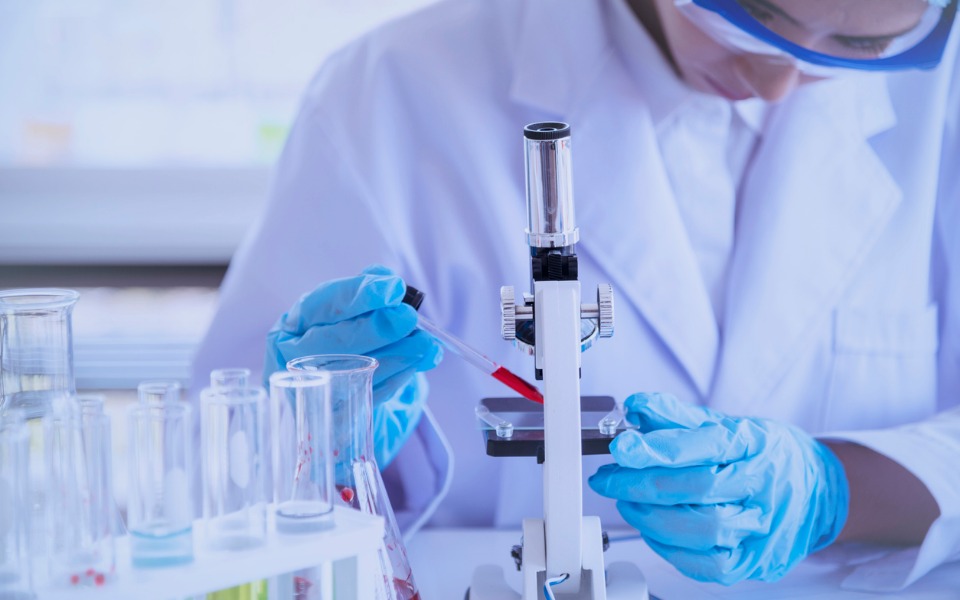
COVID: WHO finds repurposed drugs ineffective, more studies needed

A World Health Organizaiton (WHO) study has come to the conclusion that repurposed antiviral drugs such as remdesivir and hydroxychloroquine are ineffective in the fight against COVID-19.
While this may come as a dampener at a time when several countries are grappling with a surge in the number of coronavirus cases, there have been instances of some of the drugs helping with the recovery of patients with even severe symptoms.
The World Health Organization (WHO), which had coordinated the world’s largest solidarity therapeutic trials, said that none of the four popular repurposed or combination drug regimens — remdesivir, hydroxychloroquine, lopinavir/ritonavir and interferon-beta — was found to be useful in treating COVID patients. But this is only the interim results. The trial will continue and study “other promising interventions for their ability to save lives,” Prof K Srinath Reddy, the co-author of the study, has said.
Related News: COVID can be controlled by next year if rules are in place: Govt panel
According to the six-month research, the largest randomised control trial on COVID therapeutics involving 11,300 patients in 405 hospitals across 30 countries including India, the drugs don’t help reduce mortality.
However, it is still not clear whether these drugs could help those with mild infections if given early. Some physicians argue that the timing of giving the drugs is important for them to be effective. The findings will not have any negative impact on the use of other drugs and assisted therapies that have been proven to help reduce mortalities and improve clinical outcomes, including oxygen and steroids like dexamethasone. And, newer therapies like antibody cocktails may receive greater and immediate attention now. While India stopped use of combinations like lopinavir/ritonavir early into the pandemic, the combinations of remdesivir, hydroxychloroquine and interferon are still used as part of the COVID-19 treatment regimen based on severity of illness. The size of the remdesivir market in India was pegged at ₹121.29 crore in the last year.
Therapies using the repurposed drugs were seen as promising in treating COVID. There was a lot of enthusiasm surrounding the efficacy of hydroxychloroquine, the anti-malarial drug. In fact, India had shipped 50 million tablets of hydroxychloroquine to the US following a request from President Donald Trump. Similarly, there was a sudden surge in the demand for remdesivir, a broad-spectrum antiviral drug.
Another surge
The results come at a time when the United States, the worst affected country, is going through a third wave of infections, while Europe has been hit by a second wave. The ongoing festive season in India is likely to result in a surge in the number of cases. It is widely feared that the onset of winter could also worsen the situation. The main aim of the trials was to help determine whether any of these repurposed therapies could at least moderately affect in-hospital mortality. The solidarity trials proved that antiviral remdesivir did not reduce mortality or benefit those with severe conditions; nor did interferon-beta, widely used to treat autoimmune disorders, prove useful.
Related News: COVID vaccine: Nilekani says scale, distribution to be big tasks for India
India, too, participated in the therapeutic trials, covering 937 patients, to assess the efficacy of treatments on three parameters — mortality, need for assisted ventilation and duration of hospital stay. None of the drugs proved beneficial across the parameters studied, especially in reducing mortality among hospitalised patients. Experts have warned that it would be dangerous to drop the guard at this stage in view of the extremely limited treatment options available and the continued surge in the number of cases, Masks, sanitisers and social distancing must continue to be the mantra in the fight against the pandemic.
Vaccine by March
India may get COVID-19 vaccine by March 2021, provided regulators speed up the process as multiple manufacturers are working on one. In India, three vaccine candidates are in various stages of advanced trials. The Pune-based Serum Institute of India (SII) says Oxford-AstraZeneca’s vaccine will be ready by December and would be made available in the market by March next year after it procures a licence.
Related News: COVID: Bharat Biotech, Serum Institute to start intranasal vaccine trials
“India will get 60-70 million dosages of vaccines by December but they will come into the market in 2021 after the clearance of licensing,” said Dr Suresh Jadhav, executive director of SII. At present, SII is conducting phase 2 and 3 trials of the Oxford-AstraZeneca vaccine candidate. On September 16, the Drugs Controller General of India (DCGI) allowed the SII to restart its phase two and three clinical trials for the vaccine. AstraZeneca had earlier paused the ongoing trial of the coronavirus vaccine (recombinant) as a volunteer in the UK had developed an unexplained illness.
Nasal vaccine
The SII and Hyderabad-based Bharat Biotech would soon begin the clinical trials of nasal coronavirus vaccine candidate in India, after getting the necessary regulatory approvals.
“Bharat Biotech has entered into an agreement with Washington University’s School of Medicine under which the company will conduct trials, produce and market an intranasal vaccine for the Sars-CoV-2,” the Union Health Minister Dr Harsh Vardhan announced. The Phase 1 trials of the vaccine candidate will take place in St Louis University’s vaccine and treatment evaluation unit, while further stages of the trials will be conducted in India.


